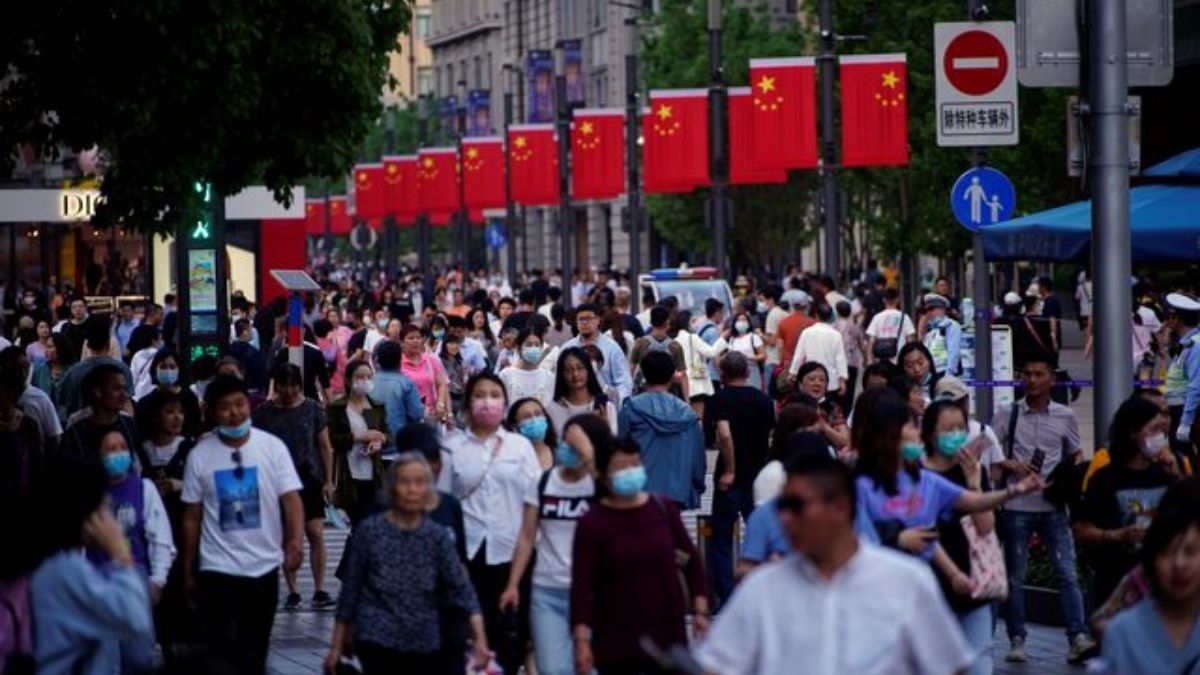Even as Chinese leader Xi Jinping has vowed to continue taking proactive steps to revive the economy, investors don’t appear to have much faith.
In the New Year’s Day trading, China on Thursday (January 2) recorded the worst day since 2016.
The CSI 300 Index closed 2.9 per cent lower on Thursday whereas the Hang Seng China Enterprises Index fell by 3.1 per cent.
The poor investors’ sentiment is being attributed to weaker-than-expected manufacturing data that was published earlier this week and tariffs that the incoming Trump administration in the United States is expected to impose — US President-elect Donald Trump has indicated he could impose 60 per cent tariff on Chinese imports which investment and financial services firm UBS says could wipe out as much as 2.5 per cent of Chinese GDP.
Earlier this week, the official manufacturing figures were 50.1, which was much lower than the projection of 51.7.
The losses on the New Year’s Day, which were the highest in nearly a decade, show that investors are not convinced of multiple rounds of stimulus, rate cuts, and tax cuts that the Chinese regime has announced in recent months to revive the sluggish economy.
The underlying momentum for China remains “quite fragile”, said Homin Lee, a Senior Macro Strategist at Lombard Odier.
Lee told Bloomberg, “It’s a bit troubling that investors are starting the new year in a cautious mode as this is happening after clearer stimulus signals from Beijing during its December policy meetings. The underlying momentum for China remains quite fragile, and it will take some efforts from the authorities to change the conversation on the country’s medium-term deflationary dangers.”
Even as authorities have indicated that more spending and measures are in the offing, a lull is expected until March when a major Communist Party’s annual legislative session would be held. The nearly-four month lull means that investor sentiment is unlikely to improve in the short term.
Impact Shorts
More ShortsWhile Chinese market recorded its worst New Year’s Day since 2016, the 10-year bond yields hit a fresh record low as well, according to Bloomberg.
Liu Dejun, a Fund Manager at Beijing Kaiyuan Private Fund Management Co, told the outlet that many investors are avoiding keeping Chinese stocks in their portfolio ahead of Trump’s inauguration.
“The losses today look very much trading driven, as there was a bit of accumulated gains that would have prompted selling with the breach of technicals. Many are also talking about avoiding too much stock exposure ahead of Trump’s inauguration, which is close to the Lunar New Year holidays,” said Dejun.


)

)
)
)
)
)
)
)
)



